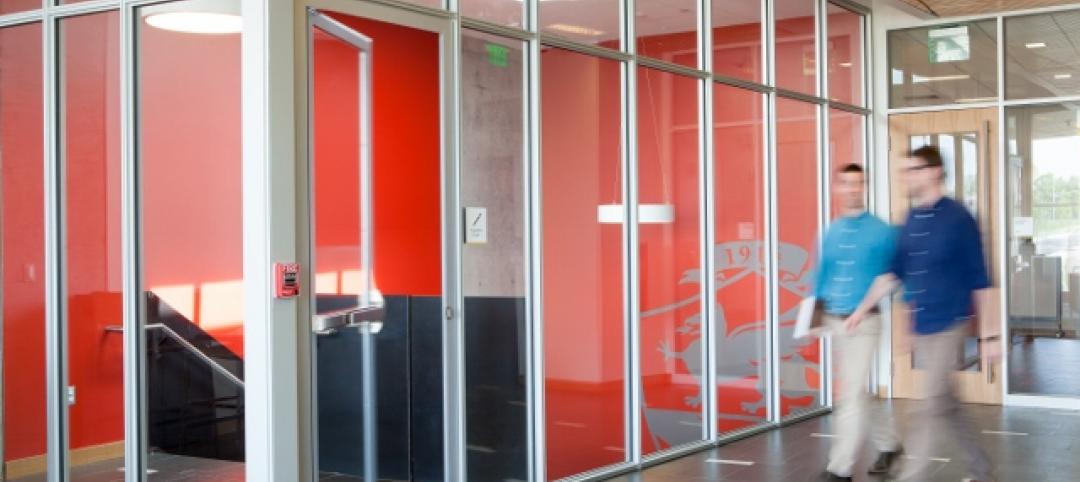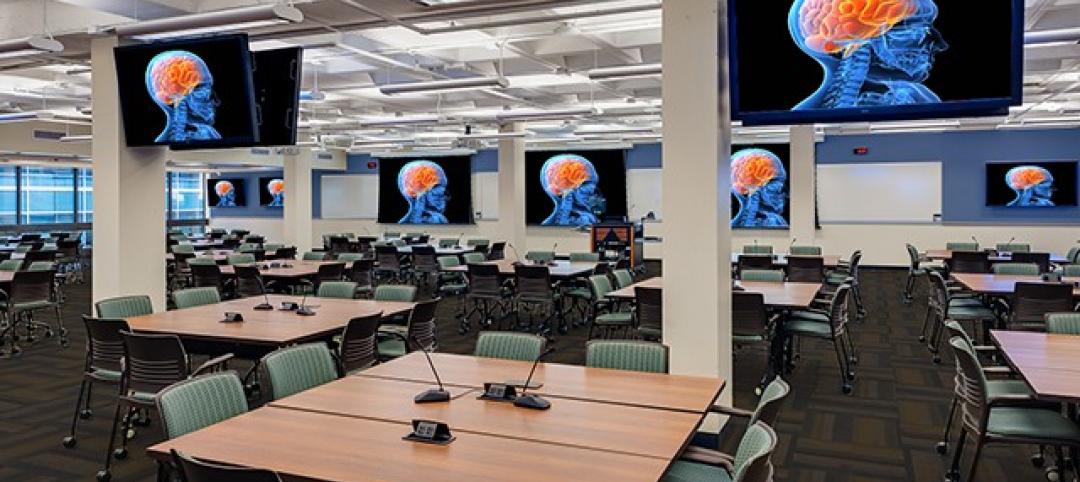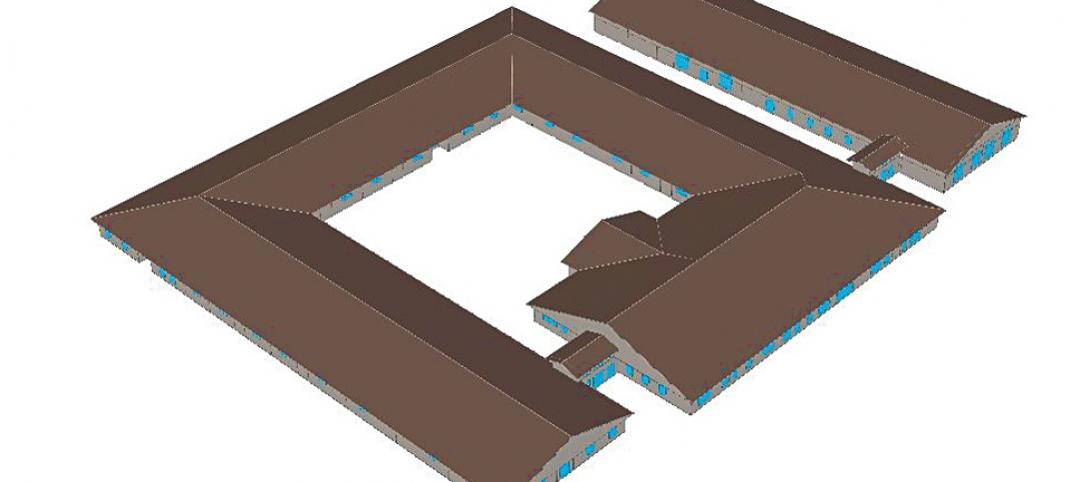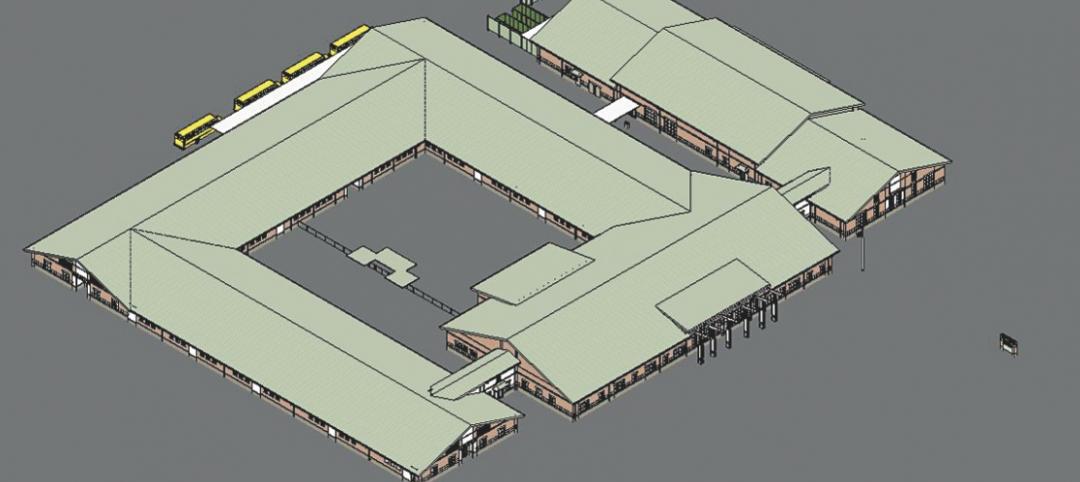WSP is expanding its national presence by acquiring ccrd, a national MEP engineering and commissioning firm.
WSP's buildings group, headquartered in New York City, now has 1,050 employees in 16 offices across the U.S. This merger will enhance the firm's capabilities in healthcare and science/technology, something that Houston-based ccrd has extensive expertise in.
“We are very enthusiastic about the benefits this will provide to our firms, clients and staff,” says Steve Burrows, executive vice president and USA director of buildings at WSP. “ccrd is a strong complement to our existing service offering, and the acquisition introduces WSP to new markets throughout the southeastern and south-central United States, while bolstering our existing presence in Houston and Washington, D.C.”
WSP and ccrd hold similar values and cultures, all the makings for an ideal merge.
WSP president and CEO, David Cooper, expands on the added benefits of acquiring ccrd. “Our coming together also expands the breadth of ccrd’s offering and affords them the benefits that come with being part of a national engineering consultancy, which, in addition to MEP systems engineering, has expertise in building structures, transportation and infrastructure, and environmental services,” notes Cooper. “ccrd’s clients will now have access to a single source for fully integrated multidisciplinary engineering services, and their employees will have expanded avenues for career exploration and growth.”
Related Stories
Sponsored | | Aug 16, 2014
Fire-rated framing system makes the grade at Johnson & Wales University Center
The precision engineering of TGP’s Fireframes Aluminum Series creates narrow profiles and crisp sightlines at Johnson & Wales University Center for Physician Assistant Studies
| Aug 16, 2014
Decoupling the professional services firm
Business consultant Tim Williams authored a recent LinkedIn post that highlights the emerging trend among professional services firms toward “decoupling,” or consciously separating the high-value services that are scarce from the low-value services that are plentiful. SPONSORED CONTENT
| Aug 16, 2014
The science of learning: Designing the STEM learning facilities of the future
New technology and changing pedagogies are influencing how to best teach a generation of learners who have never known a world without smartphones or tablets, writes HOK's Kimberly Robidoux.
| Aug 15, 2014
First look: RMJM’s 'jumping fish' tower design for the Chinese Riviera
The tower's fish-jumping gesture is meant to symbolize the prosperity and rapid transformation of Zhuhai, China.
| Aug 15, 2014
Periscope structure gives public toilet an unobstructed sea view
Polish architect Adam Wiercinski designs a public toilet with a periscope mechanism that gives visitors unobstructed views of the sea.
| Aug 14, 2014
8 do's and don'ts for completing an HVAC life cycle cost assessment
There are many hurdles to overcome when completing a life cycle cost assessment. RMF Engineering’s Seth Spangler offers some words of advice regarding LCCAs.
| Aug 14, 2014
Life cycle cost analysis using energy modeling
A life cycle cost analysis helps a school district decide which HVAC system to use in $198 million worth of future building projects.
| Aug 14, 2014
Museum of Mayan Culture draws inspiration from temple design [slideshow]
The Museo Maya de América in Guatemala City will be the world’s largest museum of Mayan history and culture, at 60,000 sf.
| Aug 14, 2014
How workplace design can empower employees, businesses
Focusing on recent work at Follett and Zurich, CannonDesign’ Meg Osman reveals the power of research, strategy, change management, and measurement to transform businesses for the better.
| Aug 13, 2014
Campus UX: Why universities should be creating 'branded environments' on campus
When most colleges and universities consider their brands, they rarely venture beyond the design and implementation of a logo, writes Gensler Design Director Brian Brindisi.















